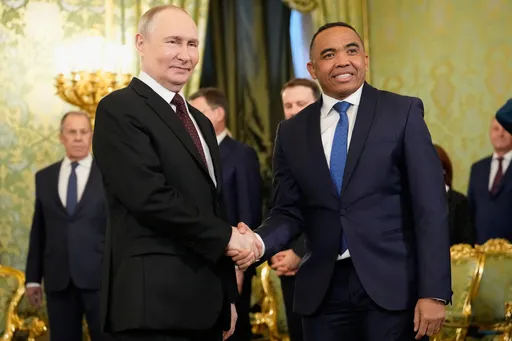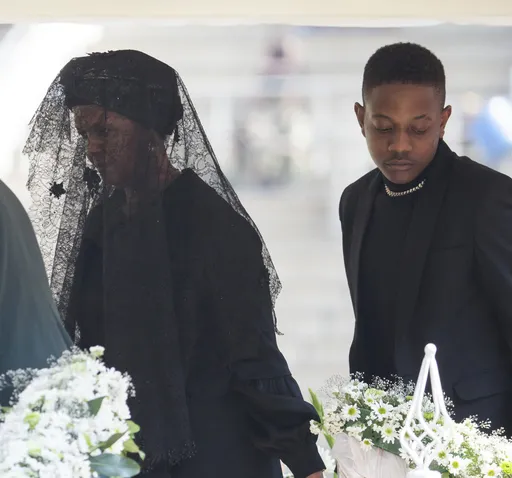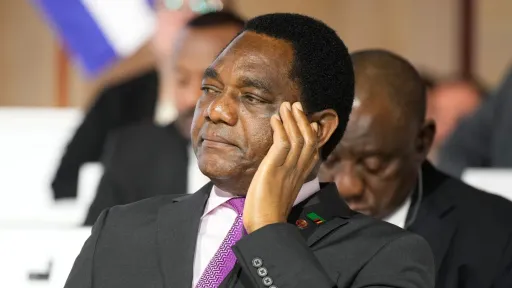In a nation as linguistically diverse as Uganda, where over 40 languages are spoken across the country, the choice of which language to promote can make or break its fortunes.
Yet, 2026 presidential candidate Mubarak Munyagwa has sparked controversy by proposing to remove Swahili from the list of national languages and replace it with French.
His pledge, framed as a step toward modernization, disregards culture and desecrates Uganda’s heritage and its economic role within the East African Community (EAC).
For Uganda, positioned at the heart of regional cooperation, Swahili is not just a language; it is a gateway to economic progress and peace, making the allure of French seem trivial by comparison.
Economically, Swahili is indispensable. Uganda, strategically placed in a rising East African economy, is deeply integrated with the EAC, which includes Kenya, Tanzania, Rwanda, Burundi, and the Democratic Republic of Congo.
Region’s lingua franca
Swahili is the lingua franca here, spoken by over 200 million people across the region. It is the language of bustling markets in Nairobi, diplomatic agreements in Arusha, and cross-border trade zones that drive Uganda’s coffee, gold, and agricultural exports.
Proficiency in Swahili doesn’t just facilitate trade; it unlocks investment, tourism, and jobs.
Uganda’s efforts to make Swahili a school subject since 1992 reflect this, though resistance has persisted—until recently, when abandoning it would mean isolation.

By contrast, French has little practical influence in this region. While an official language in international forums and parts of Central Africa, including the DRC and Rwanda, its day-to-day value in East African commerce is negligible.
Uganda’s colonial past is British, not French; English already serves as our global gateway. Forcing French on Ugandans would alienate, not unite, compelling them to memorize a language disconnected from their daily lives and neighbors.
Swahili, rooted in Bantu languages spoken by millions in Uganda—from Luganda to Runyankole—is far more intuitive, relying on vocabulary and grammar that locals easily grasp.
It’s no coincidence that Swahili thrives in Ugandan districts like Kiryandongo, where it is a native tongue, or at borders like Bwera, where it feels natural.
Unifier
Beyond trade, Swahili weaves the cultural fabric of East Africa. It’s not just words; it’s a vessel for shared stories, music, and art that transcend national borders.
From Shaaban Robert’s poetry to the rhythms of Bongo Flava, Swahili enriches Uganda’s cultural diversity, fostering tourism and social cohesion.

In a country divided by ethnic fault lines, Swahili unites across tribes and regions. Even President Yoweri Museveni has endorsed it, describing its potential as “a very powerful international language” for the EAC.
Pushing it aside for French would unravel this shared identity, isolating Uganda at a time when regional cooperation is vital.
While the EAC recognizes Swahili as an official language alongside English and French, elevating French over Swahili risks marginalizing Uganda.
French may open doors to Paris or Brussels, but Swahili is the key to Dar es Salaam and eastern Kinshasa, where it reigns supreme.
Global connectivity matters, but regional relevance is paramount. Swahili empowers Ugandans to access jobs in the Great Lakes agribusiness, peacekeeping missions where it’s the lingua franca, or the thriving intra-African trade under the African Continental Free Trade Area.
Soul of a people
Munyagwa’s proposal isn’t just impractical; it is a step backward. Uganda has long struggled to fully embrace Swahili due to historical ties to past regimes, but recent curriculum reforms show promise.
Abandoning Swahili now would waste decades of progress, alienate the nation, and hinder economic growth.
Policymakers would better spend resources training teachers and promoting media to incentivize Swahili fluency.
As Prime Minister Robinah Nabbanja has affirmed, Swahili “is very important in creating a sense of unity in East Africa.”
In conclusion, language is not a trivial matter—it is the soul of a people. By prioritizing French over Swahili, Munyagwa risks trading Uganda’s and East Africa’s soul for a hollow international veneer.
It is a betrayal of our culture, our neighbors, and our future. Uganda deserves leaders who champion a language of progress—and that language is Swahili, not French.
The author, Isaac Bagaya is a lecturer of Swahili language in Uganda.
Disclaimer: The views expressed by the author do not necessarily reflect the opinions, viewpoints and editorial policies of TRT Afrika.




























